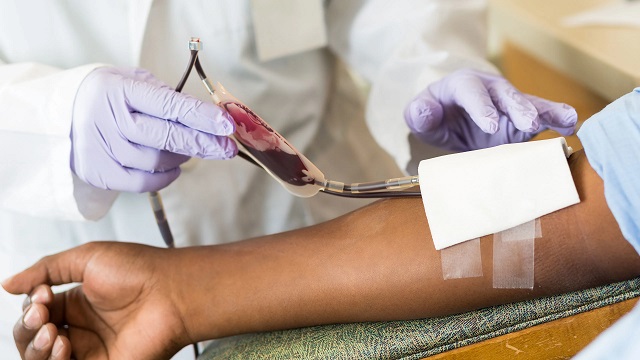
National Health Insurance Scheme seeks to achieve health equity among all Ugandans in the formal and informal sectors
Kampala, Uganda | THE INDEPENDENT | Experts have said that the public and the politicians that passed the National Health Insurance Scheme (NHIS) bill which is touted as one that will enable Uganda to achieve health equity are completely ignorant about it.
Fredrick Makaire, the Executive Director Save for Health Uganda, an umbrella organization for informal community health insurance schemes said the Ministry of Health came out to resist the bill rather late and failed to carry out its mandate of sensitization.
As a result, he says a lot of people are seeing the NHIS as another tax that will add on their already existing burden of taxes, others think that they will be refunded if they don’t use their annual contributions and yet the ministry has been receiving 3 Billion Shillings annually for preparation of this bill of which part of the money was supposed to go towards information dissemination.
Instead of doing sensitization locally, Makaire says officials resorted to utilizing the money in foreign travels.
It’s still unclear whether this bill that was forwarded to the President for accenting will be signed into law since health minister Dr Jane Ruth Aceng has severally warned that it may not see the light of day.
She said on March 31st when it was passed, her junior Minister Robina Nabbanja tried to stop parliament so that they could address the missing links but failed. For her, as it is now, the bill doesn’t address concerns raised by the stakeholders who are expected to contribute to the scheme.
The Health Insurance bill seeks to provide health care for all Ugandans at an affordable cost with funding from Ugandans both in the formal and informal sectors.
Those employed in the formal sector are supposed to contribute 4 percent of their salaries backed by a one percent contribution from their employers. Individuals in the informal sector are supposed to contribute 100,000 Shillings annually. The bill exempts the poor from contributing.
But Aceng says in proposed changes that were missed out is for all Ugandans, regardless of their employment status, to pay a certain amount of money to access health care.
Currently, she says the piece of law is not only unpopular to investors but workers too because it is viewed as a burden for people who still earn less such as health workers.
Dr Francis Runumi, the former commissioner of Health Services in charge of planning who was at the forefront of this bill before retiring in 2015 says the same concerns were raised when the bill was first proposed more than ten years ago.
He says employers run to President Museveni that they would not afford that extra burden of contributing to the scheme but when they explored with the communities in Kisizi in Western Uganda, within a short period, people bought into the idea and that is how informal community insurance schemes came into being.
He says establishing a scheme needs creating more knowledge about it than just the money to invest.
Already he said as early as 2001, the school of public health had come with enough knowledge base that could be used to establish an effective scheme with even contributions from the informal sector.
Even as free care is being touted as an alternative, currently he says there are no free health services in Uganda even as politicians say there’s free health care. He says good quality health services are costly and can’t be borne by just an individual.
For him, Uganda will not achieve health equity without having the scheme in place.
*****
URN
 The Independent Uganda: You get the Truth we Pay the Price
The Independent Uganda: You get the Truth we Pay the Price


